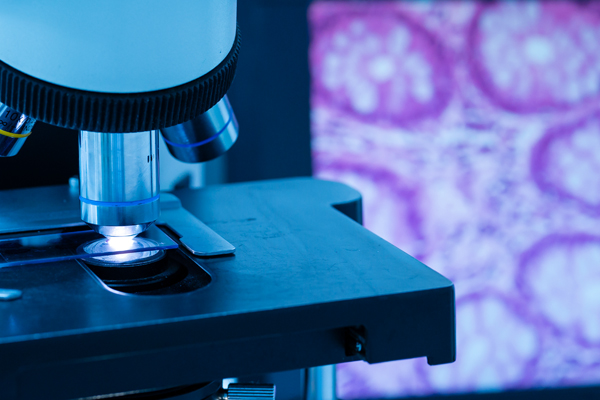IBT-MLOTS
The Texas A&M Microphysiological Lead Optimization and Toxicity Screening (MLOTS) program, part of the Gulf Coast Consortia network offers in vitro pharmacologic lead optimization and pre-clinical toxicity profiling services to academic and commercial users.
MLOTS responds to the need of drug discovery researchers for specialized facilities to rapidly and efficiently evaluate new drugs and drug combinations that may be safe and effective treatments for patients. Following the ‘Fail Early’ approach, MLOTS identifies cardiovascular, neuronal and liver toxicologic liabilities in early-stage lead candidate molecules using 2D and 3D cell-based models and organ-on-a-chip models. With low to medium screening and microscopy capabilities, MLOTS supports scientists in the lead optimization phase of drug discovery research, providing essential tools for both industry and academia.
By enabling researchers to quickly evaluate multiple drugs and combinations, MLOTS improves candidate selection for further animal and human testing.
The core supports investigators from in the Houston/Galveston region and collaborates with pharmaceutical and biotechnology partners. They offer access to infrastructure supporting biochemical and cell-based in vitro efficacy and toxicity screens with its main strength lying in its dedicated professional staff. The screening team is comprised of highly experienced pharmacologists, physiologists, biomedical engineers, microscopists and data scientists with both industry and academic backgrounds.
EQUIPMENT
- BioTek Cytation 7 Cell Imaging Multimode Reader: BioTek Cytation 7 cell imaging multimode reader combines automated digital upright and inverted widefield microscopy with conventional multimode microplate reading. It features continually variable bandpass monochromators for versatility and performance across various plate reader applications.
- Axion Biosciences Maestro Pro Microelectrode Array and Impedance Reader: A microelectrode array and impedance system that can continuously record from 6-, 24-, 48-, 96-well MEA plates and 96- and 384-well impedance plates. It enables non-invasive evaluation of electrical activity in excitable cells (e.g. neurons and cardiomyocytes) and tracking the growth and death of cells. It also has a smart environmental chamber that finely controls temperature and CO₂ while rejecting electrical noise and mechanical vibrations.
- Molecular Devices ImageXpress Confocal HT.ai High-Content Imaging System: An imaging system equipped with a seven-channel laser light source and eight imaging channels for highly multiplexed assays while maintaining high throughput by using shortened exposure times. It offers improved image resolution using water immersion objectives, suitable for organoid and lab-on-chip models. Peripheral integration in this system includes a Liconic Wave incubator that supports high throughput microfluidics assays on the Mimetas OrganoPlate platform.
- Formulatrix Mantis: An automated liquid dispenser compatible with 6 to 1536 well plates offering a precise dispensing down to 100nl.
Statistical services:
- Assay design optimization
- Assay performance evaluation
- Data normalization and integration
- Exploratory analysis
- Development of automated classifiers using machine learning techniques
Image analysis services:
- Development of custom image analysis
- Upscaling of protocols
- Expertise with monolayers, organoids, spheroids and time-lapse data
Microelectrode Array Analysis:
- Neural – Measure the key parameters of neural network function, including activity, synchrony and oscillation.
- Cardiac – Record the four key measures of functional cardiac performance, action potential (a.k.a. LEAP assay), field potential, propagation and contractility.
- Impedance – Tracks cell proliferation, morphology and viability in real-time. Ideal for immuno-oncology, cytotoxicity, virology, cell migration, cell proliferation, GPCR assays and others.
Key software and programming languages:
- Pipeline Pilot from Biovia
- Matlab from Mathworks
- Prism from Graphpad
- R programming language
- Python programming language
- Excel from Microsoft
- BioT ek Gen5 Software
- Maestro Pro platform-specific software
Key Computational Infrastructure:
- Dell T630 server with dual Xenon processors, 192 GB RAM
- 4 peripheral workstations with at least 10 core Xenon processor, 64 GB RAM
- Centralized 100 Tb data storage server
- Server integration software
Additional Custom Assays using the Mimetas OrganoPlate technology platform:
- Cell-Cell interactions:
- Co-cultures
- Epithelial-mesenchymal interactions
- Angiogenesis
- 3D sprout formation
- Perfused microvasculature
- 3D Cell Migration
- Invasion
- Immune migration
- Vascularization
- Tumors/Organoids
- In vitro grafting

